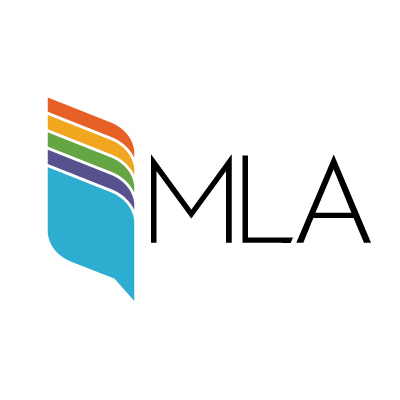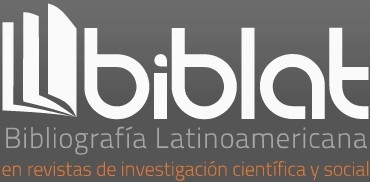Del punto al área: consideraciones desde la teoría de la complejidad para representar el aprendizaje léxico
DOI:
https://doi.org/10.35494/topsem.2019.2.42.620Abstract
Science, as means of explaining reality, comes with an implicit bias that forces us to highlight or downplay the importance of particular factors in order to draw meaningful conclusions. Some of these factors are considered essential in scientific research while others can be disregarded as irrelevant. In addition to this preselection of factors, the scientific method itself brings with it its own constructs and representations that help to explain reality.
Linguistics, as a scientific discipline, shares interests, methodologies and representations with other scientific fields. Even though language has traditionally been studied as a simple system which can be explained by a sum of factors, recent studies showing codetermination between factors and non-linear changes call this assumption into question. As language is a dynamic system, the study of it requires new foci, methodologies and representations. This paper presents a new methodology for representing lexical learning among students of a second language. This methodology considers complexity essential, and at the same time, represents lexical change through dynamic maps. Finally, the paper discusses some of the implications that this proposal carries with it.
Downloads
Downloads
Published
How to Cite
Issue
Section
License

Tópicos del Seminario is licensed under a Creative Commons Reconocimiento-NoComercial-CompartirIgual 4.0 Internacional License.














